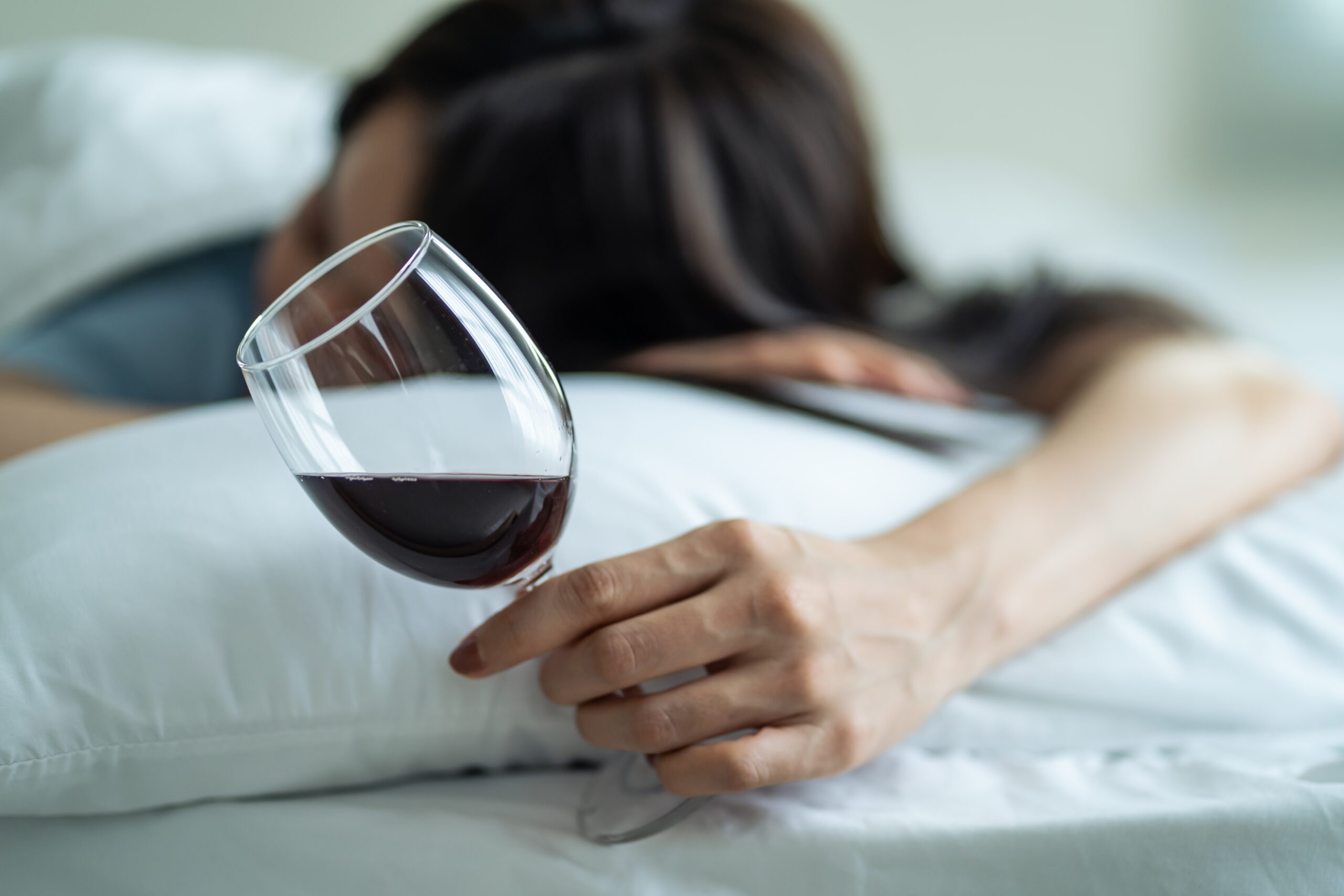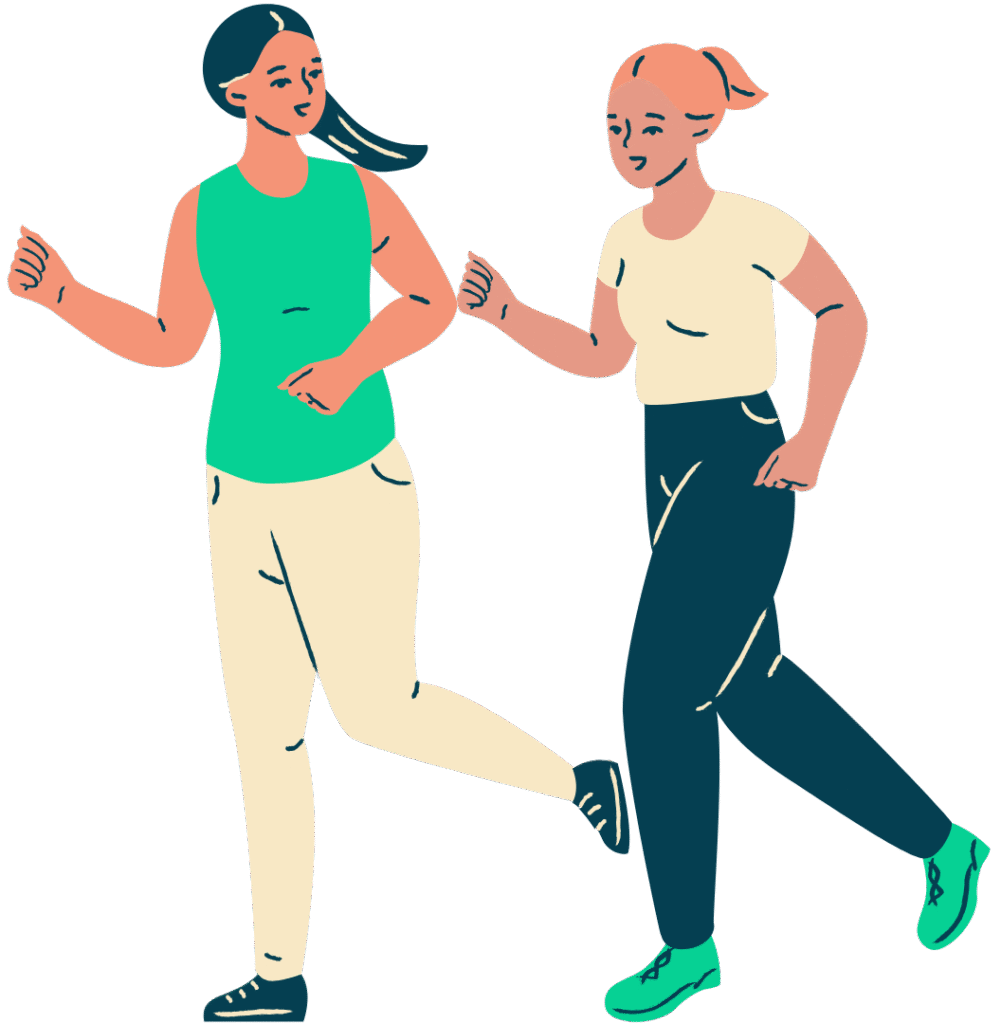Even a single glass of alcohol before bed can turn your night’s sleep into a physiological rollercoaster—without you ever waking up with a traditional hangover.
Story Snapshot
- One or two drinks before bed rarely cause hangovers but still disrupt your sleep architecture and next-day alertness.
- Moderate alcohol intake initially deepens sleep, then fragments it and suppresses REM later in the night.
- Recent studies show dose-dependent effects on heart rate and cardiovascular stress, even at modest consumption levels.
- Long-term routine of moderate bedtime drinking may quietly undermine sleep quality and cardiovascular health.
Moderate Drinking, Major Sleep Changes—No Hangover Required
Health-conscious Americans over forty know the bargain well: a nightcap or two to unwind, a mercifully hangover-free morning, and the quiet satisfaction of moderation. Yet, research now reveals a hidden tax on this bedtime ritual. Sleep scientists have spent years tracking the nuanced ways that even one or two drinks change your body’s nighttime rhythms. Unlike heavy drinking, moderate consumption rarely delivers nausea or pounding headaches at sunrise. But the effects it leaves behind are no less real—they’re just harder to spot. Laboratory studies from the past decade, especially those utilizing polysomnography and cardiovascular monitoring, detail a sequence of changes: you fall asleep faster, enter deeper sleep early, then pay the price with more awakenings and less restorative REM sleep as the night wears on.
This new understanding upends the old wisdom that “a little won’t hurt,” especially for those who rely on a nightly glass of wine or whiskey to ease into slumber. In 2024, researchers demonstrated that moderate bedtime alcohol increases slow-wave (deep) sleep in the first third of the night—seemingly a benefit. But as the night progresses, this effect reverses. The body compensates with lighter, more fragmented sleep and suppresses REM cycles, which are critical for memory, mood, and overall brain health. The result: you wake up groggy or less refreshed, even if you don’t feel “hungover.”
Cardiovascular Consequences Lurk Beneath the Surface
Sleep is not merely a mental reset; it’s a nightly tune-up for the heart and blood vessels. Moderate alcohol before bed doesn’t just tinker with sleep cycles—it also revs up the heart rate and increases cardiovascular strain throughout the night. Studies measured these effects with sensitive equipment, finding that even lower doses can keep your heart beating faster than usual for hours. That means your body stays in a state of subtle stress, not the restful recovery it needs. Over months and years, this pattern may contribute to heightened risk for hypertension, arrhythmias, and other heart problems, especially for those already at risk due to age or underlying conditions.
Researchers caution that these physiological disruptions occur even when subjective symptoms—like headaches or memory lapses—are absent. Their message: don’t mistake the lack of a hangover for the absence of harm. For the millions who juggle work, family, and health in midlife, these findings suggest a need to rethink “just a drink or two” as a harmless bedtime habit.
Long-Term Risks: A Slow Drift Toward Disturbed Sleep and Health
Short-term, a glass or two may seem to help with falling asleep, but the cumulative effects of repeated moderate drinking before bed are less forgiving. Epidemiological studies and twin research show a predictive relationship: those who regularly use alcohol as a sleep aid are more likely to develop chronic sleep disturbances and potentially face increased cardiovascular risk down the line. The sleep disruptions are subtle at first—slightly more tossing and turning, a bit less morning sharpness—but they add up. For those already struggling with sleep disorders, the impact may be even greater, amplifying fatigue and undermining daily function.
Sex differences and genetic factors also shape how alcohol affects sleep. Some studies suggest women may experience greater disruptions at similar or lower doses, while others point to individual variability in tolerance and recovery. The consensus: no demographic is immune, and the safest approach for restorative sleep may be to skip the evening drink altogether. As research continues, public health experts are beginning to include moderate nighttime drinking in the broader conversation about sleep hygiene and cardiovascular wellness. The old advice to “just have one and you’ll sleep like a baby” simply doesn’t hold up to scientific scrutiny.
Sources:








